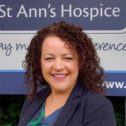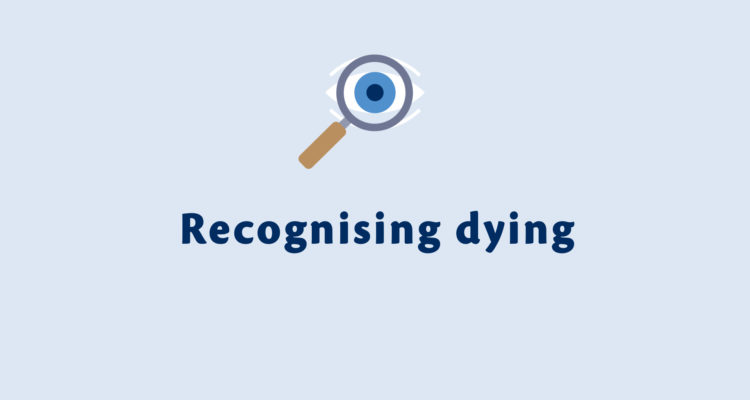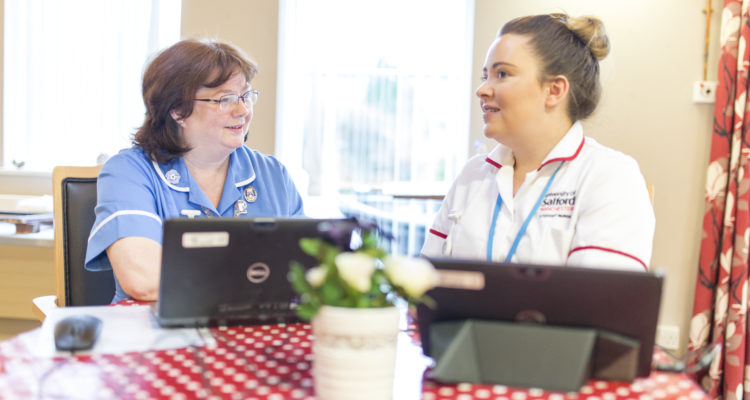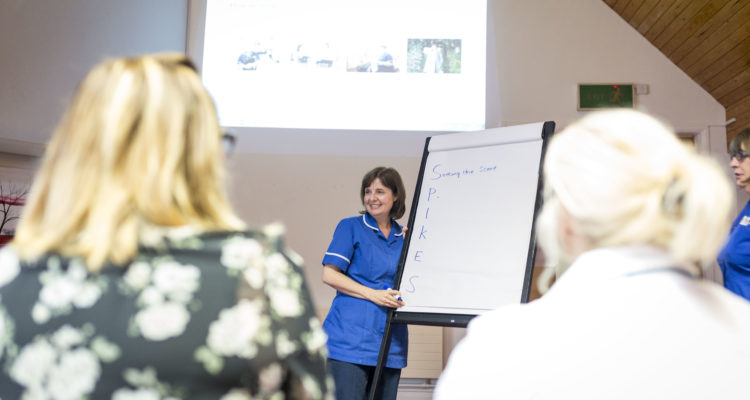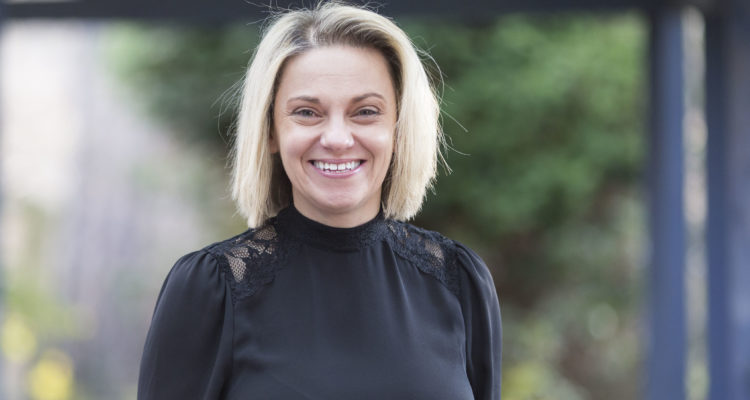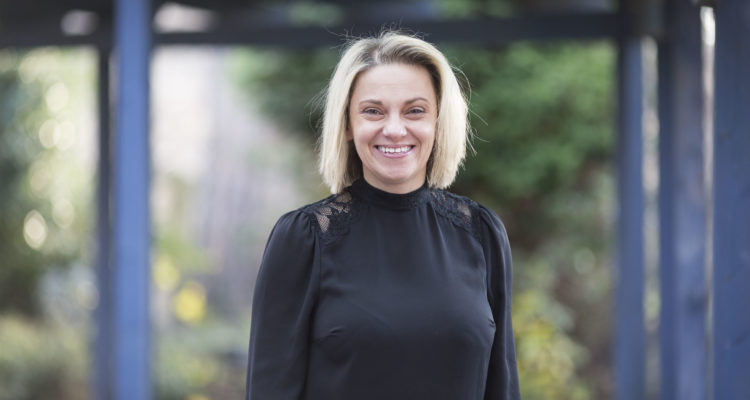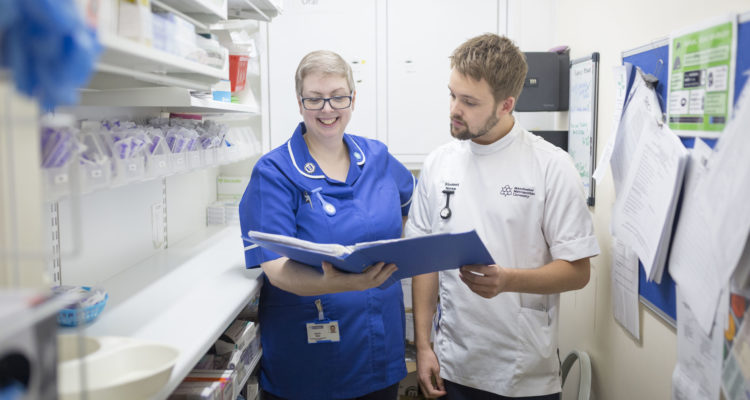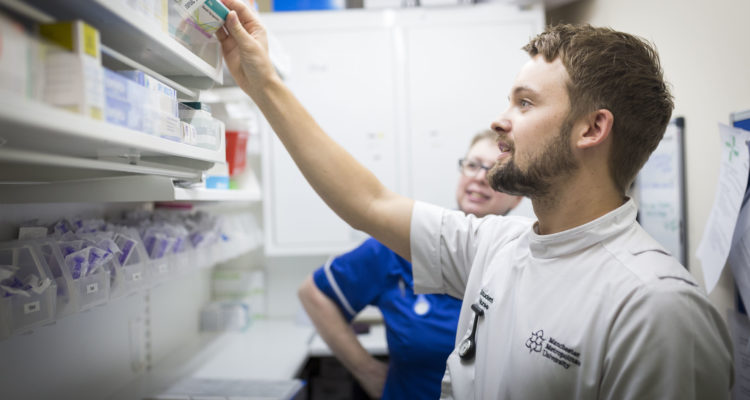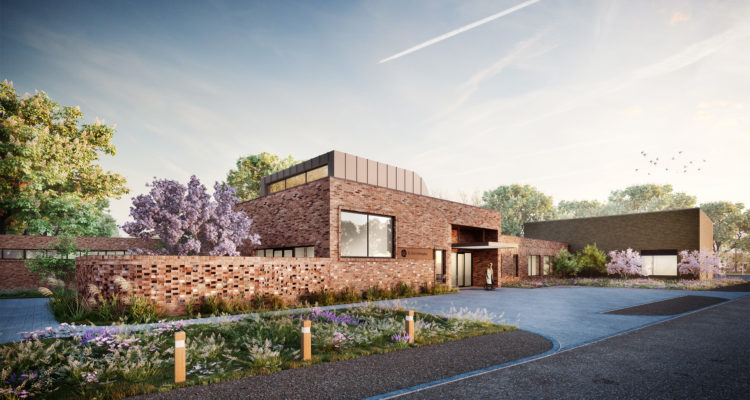
The ambitious project, which will see our current outdated building on St Ann’s Road North replaced with a purpose-built modern facility on land adjacent to our current site, has been awarded £250,000 by the Foundation to create a specialist Centre for Palliative Care Education on the development.
The bespoke training suite, supported with funding from the Wolfson Foundation, will be the only non-university healthcare training suite in the area with integrated technology and capacity to simulate real life scenarios, allowing experts from St Ann’s to share their specialist knowledge with other organisations and help drive excellence in the palliative and end of life care sector both locally and nationally.
We’re hugely grateful to the Wolfson Foundation for this generous contribution to our new building. The training suite is a hugely important part of the project and will be a real hub for education and excellence when it comes to the provision of palliative and end of life care.
The Centre for Palliative Care Education will also contribute to the long-term sustainability of the hospice as a valuable source of additional income, as we share our specialist world-class knowledge with others, and also invite external parties to use the facilities to run their own training and development. We also hope it will become a useful hub for local community groups and other service providers from around the area.
It’s vital we create this new purpose-built hospice that will serve the needs of our community both now and in the future.
Local people deserve the very best facilities when receiving care or spending time with their loved ones, and our current building – which is more than 100 years old – is no longer fit for purpose. If we don’t build this new facility there’s a real risk we’d need to close services in the near future, so the generosity of organisations like the Wolfson Foundation is vital to ensure we can continue to provide care for generations to come.
We’re so excited that this project is progressing at pace, and we are looking forward to starting to build later this year. We are currently appealing for other organisations, businesses or individuals who feel they may also be able to support us as we create Greater Manchester’s new hospice to get in touch. We’d love to hear from you and have you join us on this exciting journey.
Rachel McMillan, Chief Executive of the hospice

The new hospice building will also comprise a 27-bed inpatient unit, including 21 en-suite bedrooms with access to private outdoor terraces. The development will feature modern outpatient and day therapy services, dedicated bereavement and family support spaces, offices, a coffee shop which will be open to the public, landscaped gardens, and improved car parking.
The new building has been designed with the environment in mind, being ecologically efficient, using the latest green initiatives including a green roof, PV panelling and grey water solutions. The car park will have electric charging points and plentiful room for bicycles.
The Wolfson Foundation is an independent charity with a focus on research and education. Its aim is to support civil society by investing in excellent projects in science, health, heritage, humanities and the arts. Since it was established in 1955, some £1billion (£2billion in real terms) has been awarded to more than 12,000 projects throughout the UK, all on the basis of expert review.
St Ann’s have long provided high quality end of life care and this admirable project will allow the hospice to provide that care in an excellent environment. We are particularly pleased to be supporting the education centre which will support brilliantly trained staff to serve, not just in the new hospice, but across North West England.
Paul Ramsbottom, Chief Executive of the Wolfson Foundation
Find out more
For more information about our plans for the new hospice and how you can support it please click the link below.


